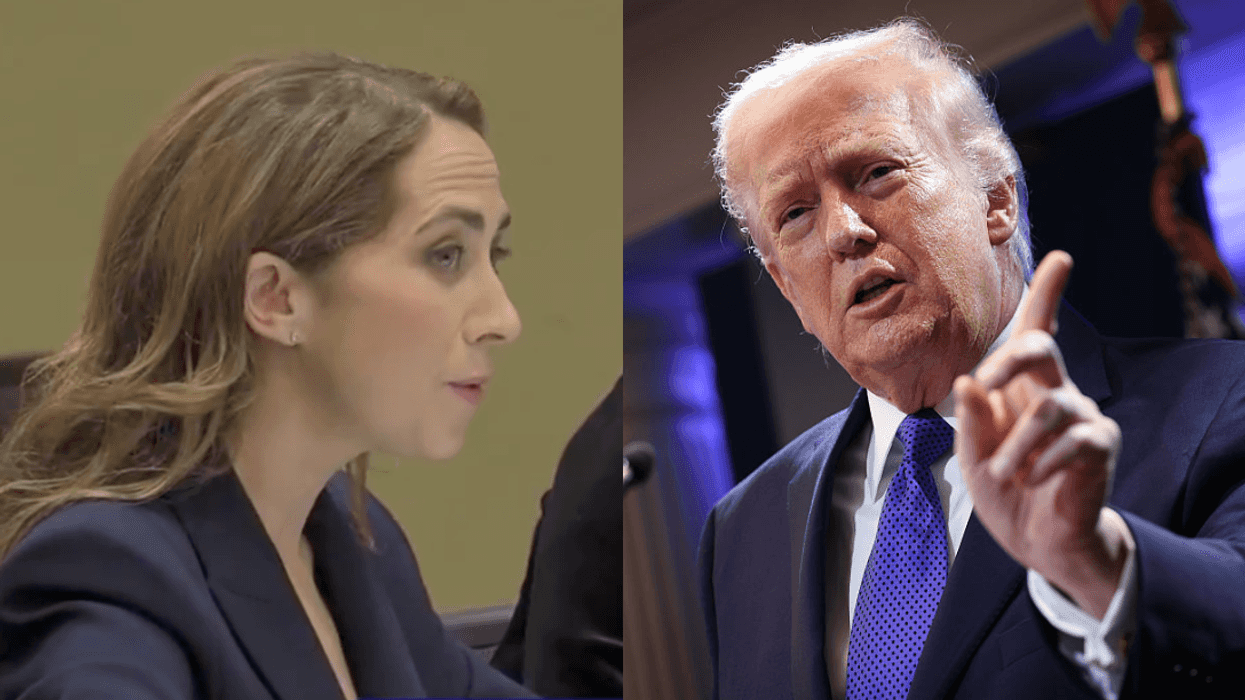CNN's Anderson Cooper took President Donald Trump to task over his claims that he is the “least racist” person members of the press corps have ever interviewed. The president's comments came in response to a report that he had made disparagingly racist remarks about immigrants from Haiti and African nations during a meeting with Congressional leaders last week.
“Why are we having all these people from shithole countries come here?" the president asked, according to lawmakers who were present at the meeting.
The president then suggested that the United States should instead bring more people from countries such as Norway before singling out Haiti. “Why do we need more Haitians?” he also asked. "Take them out."
Trump's defensiveness did not sit well with Cooper, who dedicated several minutes of airtime to the president's history of racist comments. “Good evening, we begin tonight on this Martin Luther King Jr. day with a claim by the President of the United States, a claim that he is not, in fact, a racist,” Cooper said, before introducing the clip below. He added: "It should be pointed out he's had to make that claim on more than one occasion since declaring his candidacy."
“Keeping him honest, the president’s racist remarks were confirmed by a Democrat and Republican senator who were at the meeting and now are substantially backed up by two more Republican colleagues,” Cooper reminded his viewers. “A senior Republican source telling CNN that their defense seemed to hinge on hearing him say the word ‘house’ instead of ‘hole’ — as in ‘shithouse’ countries, not ‘shithole’ countries, as if ‘hole’ were racist and somehow ‘house’ is not.”
Cooper then noted that although Trump signed a federal holiday proclamation at the White House on Friday advocating for "all Americans to observe this day with acts of civic work and community service in honor of Dr. King's extraordinary life," he ignored his own message and spent most of the day at his own Mar-a-Lago resort in Florida. "It's the 95th day of his presidency spent at one of his golf courses," Cooper said.
“I suppose the claim of being the least racist person reporters have interviewed, depends on who you have interviewed," Cooper said. "Chances are none of the reporters present ever interviewed the lawmakers from both parties who passed the Civil Rights Act or the Voting Rights Act or the Fair Housing Act. Those men and women, Democratic and Republican, might be able to demonstrably claim that they are less racist. So might the Freedom Riders, people of all races and backgrounds who risked their lives––or gave their lives, in some cases––to end segregation. They, too, might be less racist."
He continued: "Or perhaps Richard and Mildred Loving, who faced death threats and served jail time before going all the way to the Supreme Court to overturn laws against interracial marriage, including their own. They might be less racist."
How can Trump be the "least racist," Cooper posits, when Trump:
- has been sued by the Justice Department for "systematically discriminating against people of color"?
- took out full page newspaper ads calling for the death penalty for the Central Park Five, "five teenagers, black and Hispanic, convicted of beating and raping a white jogger, then refused to concede their innocence even after DNA evidence exonerated them years later?"
- once said of the African American chief financial officer of his casinos: "Black guys counting my money? I hate it! The only kind of people I want counting my money are short guys that wear yarmulkes every day"?
- perpetuated the long-standing rumors and conspiracy theories that have accused former President Barack Obama himself of not being an American citizen, despite incontrovertible evidence to the contrary?
- said the violence perpetrated by white supremacists who marched on the city of Charlottesville, Virginia, last summer was an "egregious display of hatred, bigotry and violence on many sides"?
- repeatedly called for a Muslim registry?
- said Mexicans who enter the United States bring little more than drugs and crime, and referred to them as "rapists"?
Cooper goes on to note that Trump's comments have alienated and infuriated Africans abroad. In fact, South Africa and Nigeria joined a chorus of nations––which include Botswana, Ghana, Haiti, Namibia, Senegal and the African Union––in protesting the president's remarks.
Africa and the African diaspora has contributed significantly to the United States and to its development into the country that it is today,” Clayson Monyela, a spokesman for the South African Department of International Relations and Cooperation, said yesterday. “The African and international reaction to the alleged statements clearly serve as a united affirmation of the dignity of the people of Africa and the African diaspora.”
Reuben E. Brigety II, the former United States ambassador to the African Union from 2013 to 2015, said he'd spoken with several angry African ministers and ambassadors throughout the weekend.
“The appropriate word to describe their reactions to the president’s comments is fury,” he said, “notwithstanding the fact that the president has said that he didn’t say what was attributed to him. They don’t believe it. A red line has been crossed."
Said Ottilia Anna Maunganidze, a researcher at the Institute for Security Studies in Pretoria, South Africa: "Strong statements from other African countries show that the continental body won’t just put up with Trump’s views."
Others pointed out that the president's comments have undermined the United States' interests in Africa.
Nicholas Burns, a former American diplomat, said Trump's "blow to U.S. credibility is real and long-lasting."
Sithembile Mbete, a lecturer in international relations at the University of Pretoria, was even more pointed. "In objective terms, many Africans live in ‘shitty’ situations and if asked would probably agree with some of Trump’s sentiments," she said. “But his comments matter hugely in the realm of politics. Once again, he’s shown that he has no interest in even pretending to uphold U.S. values like tolerance and equality. This has become a symbol of his racism and forged a solidarity throughout the African diaspora that we don’t often see in international politics.”

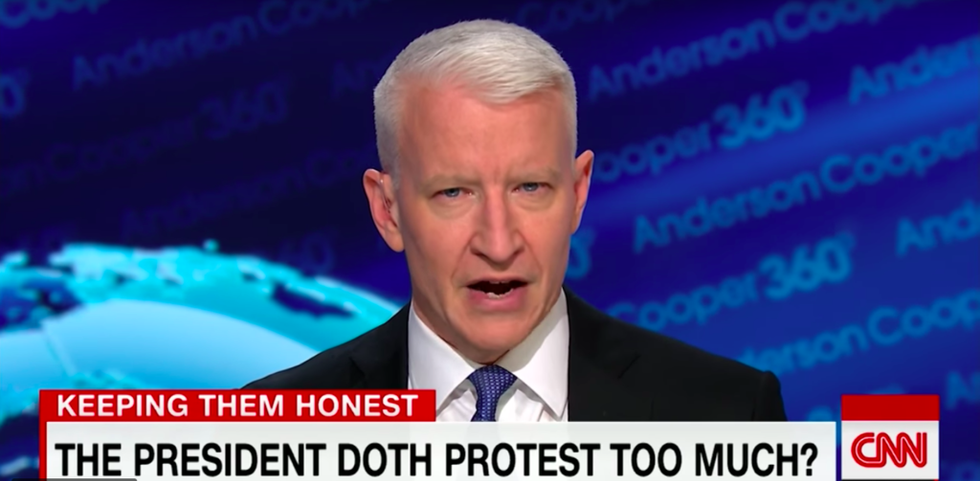

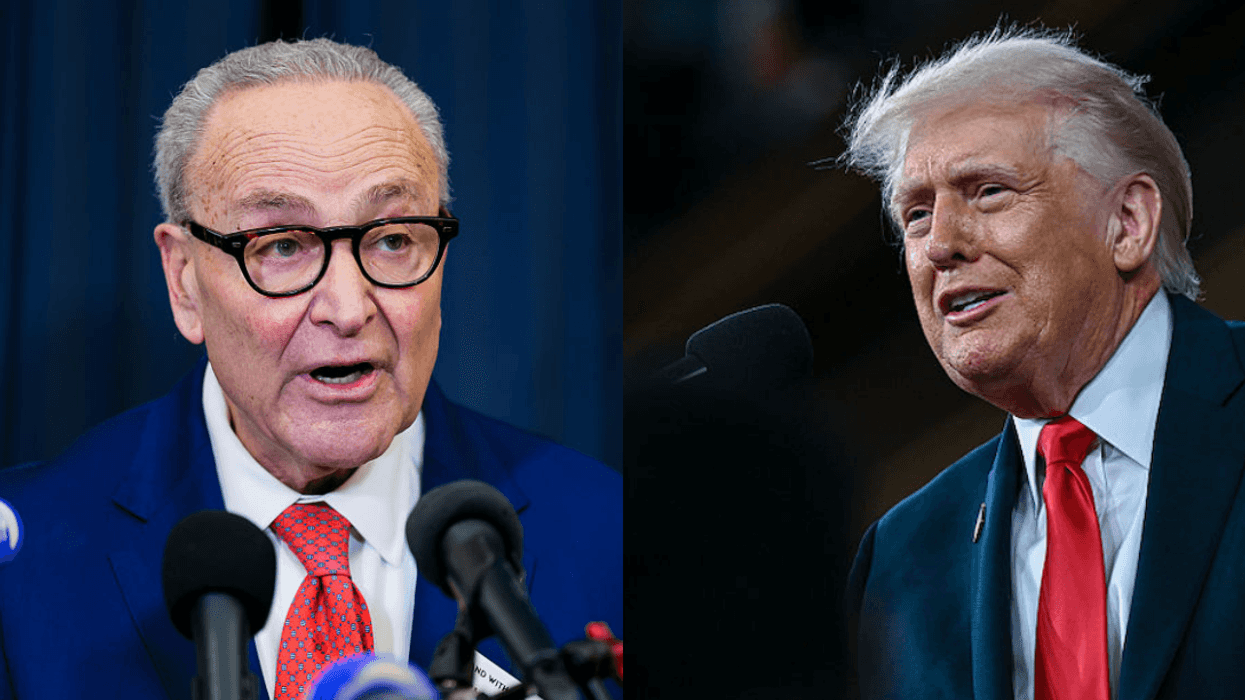


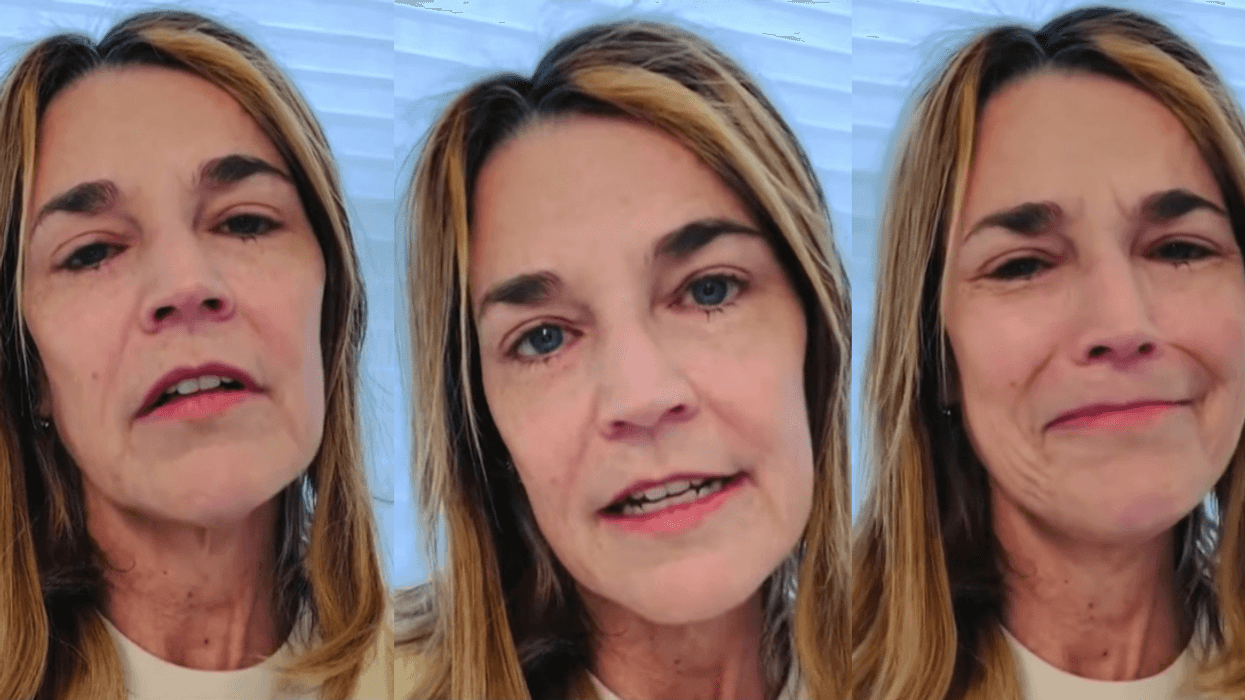
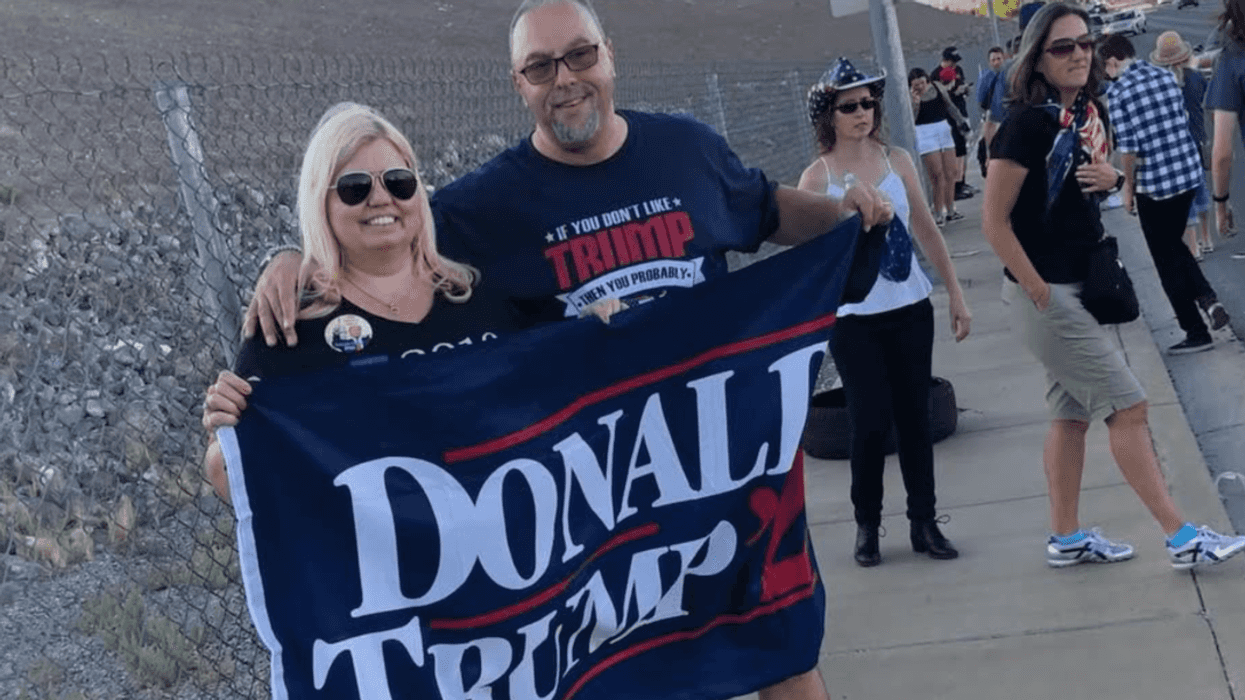
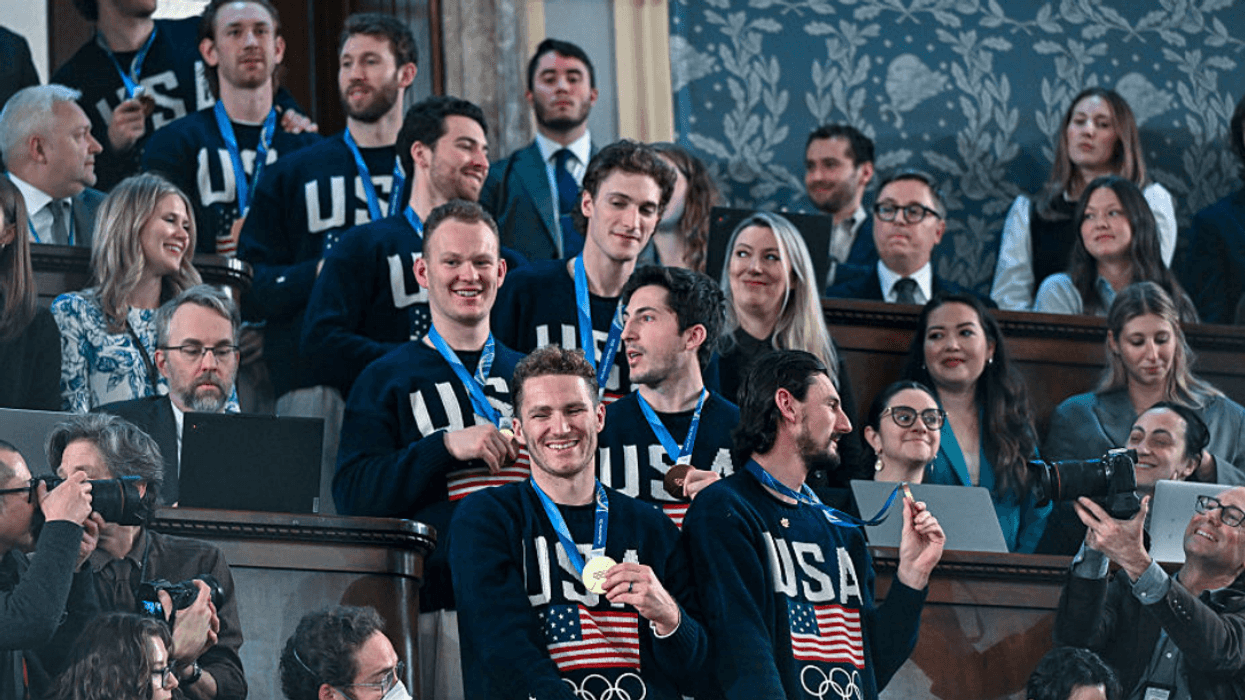




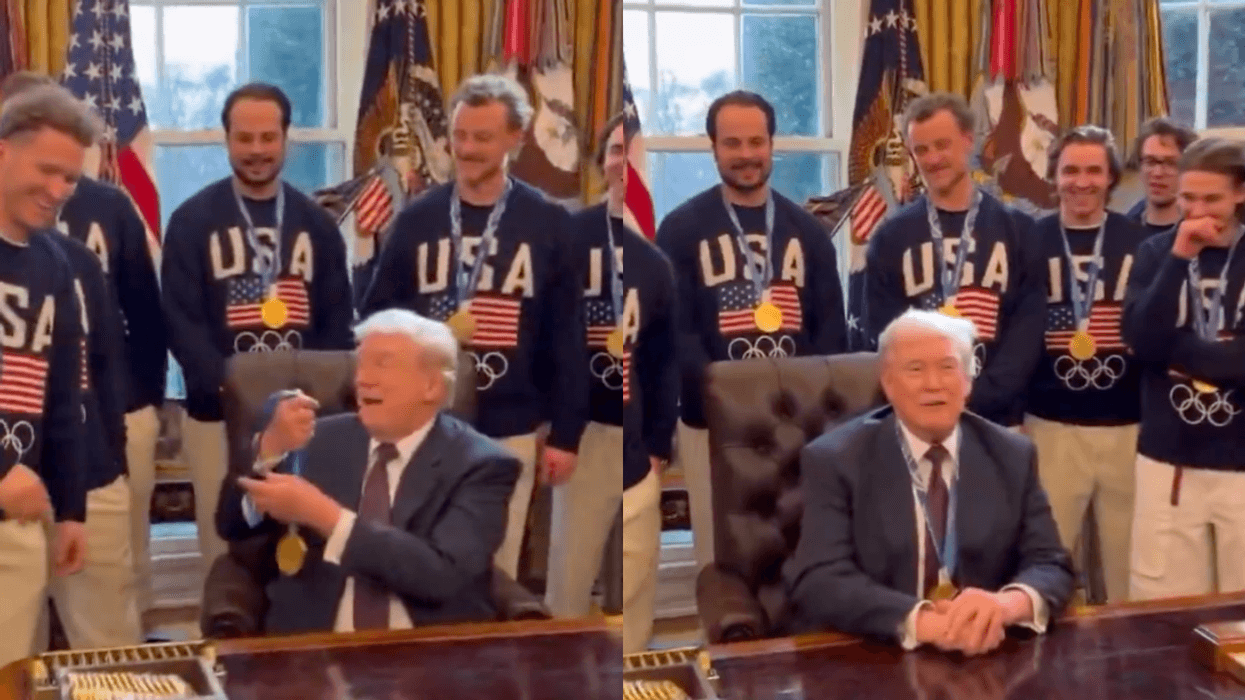
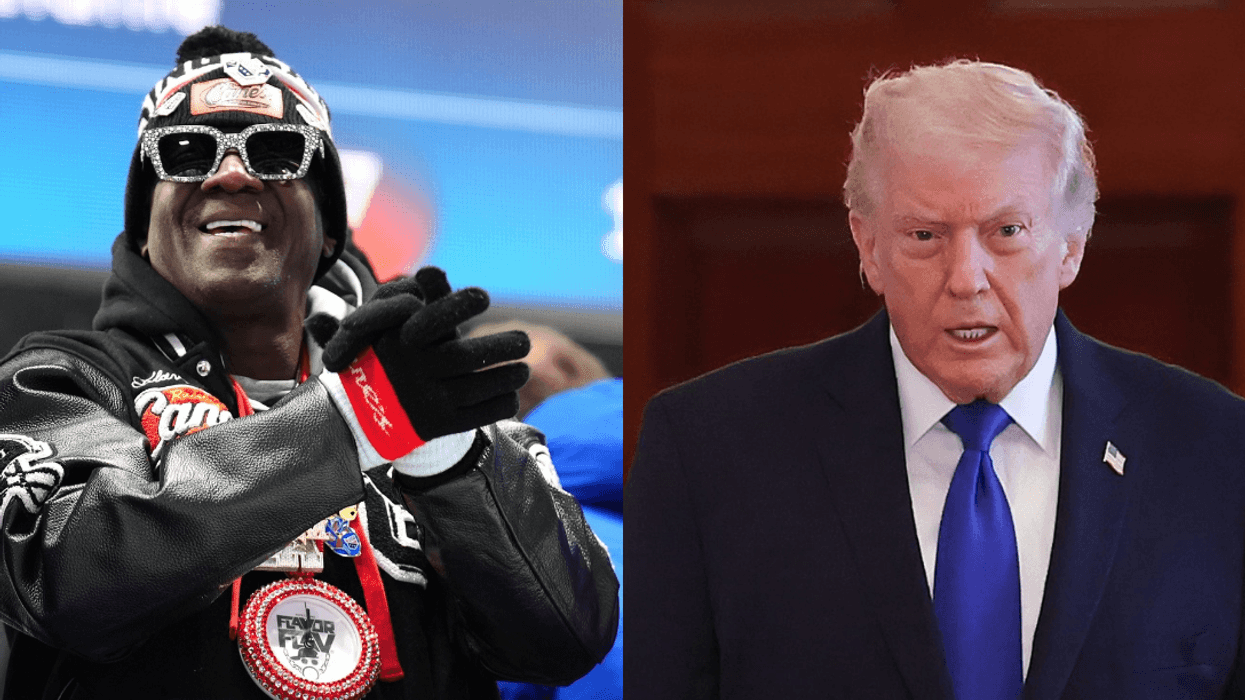
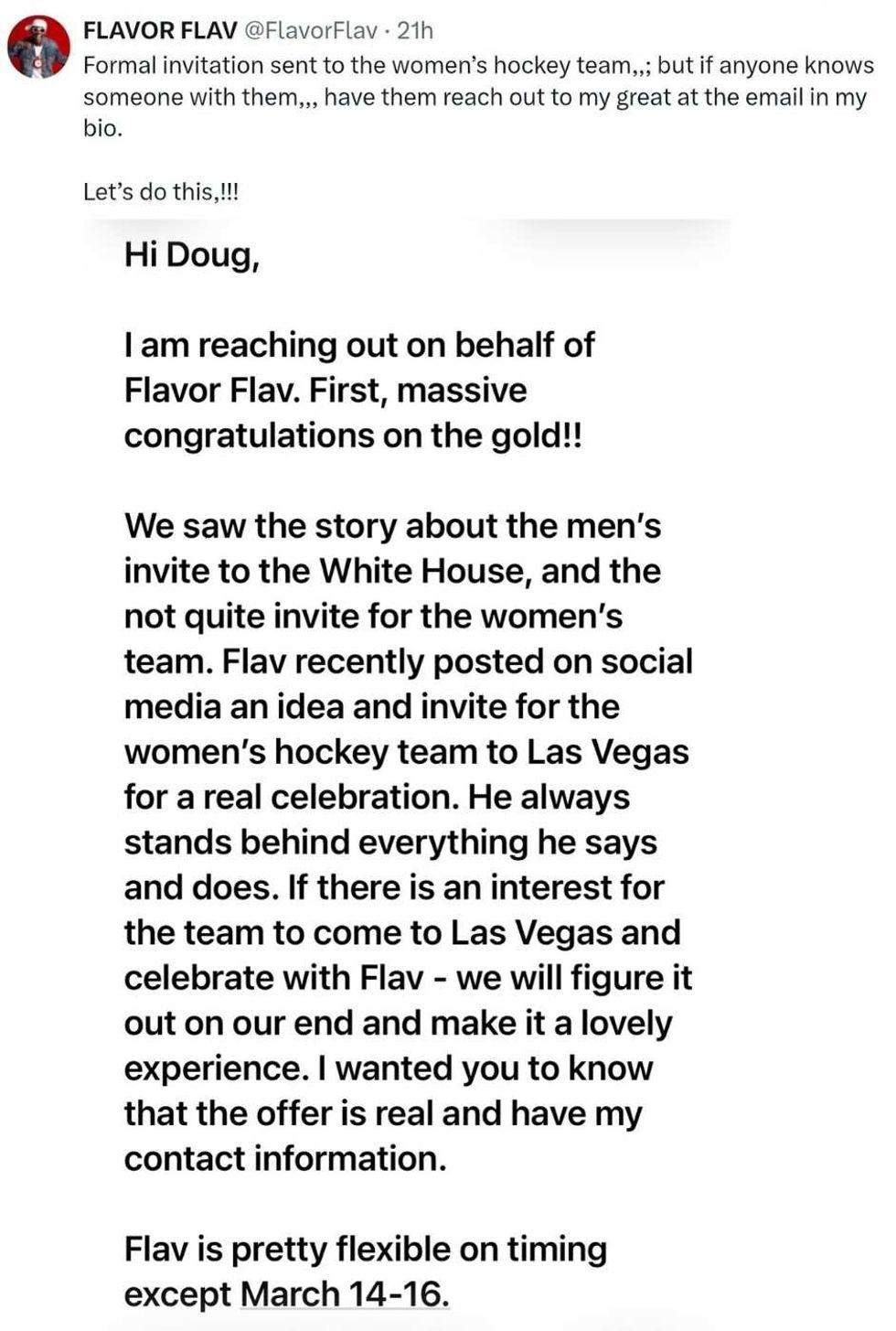 @FlavorFlav/X
@FlavorFlav/X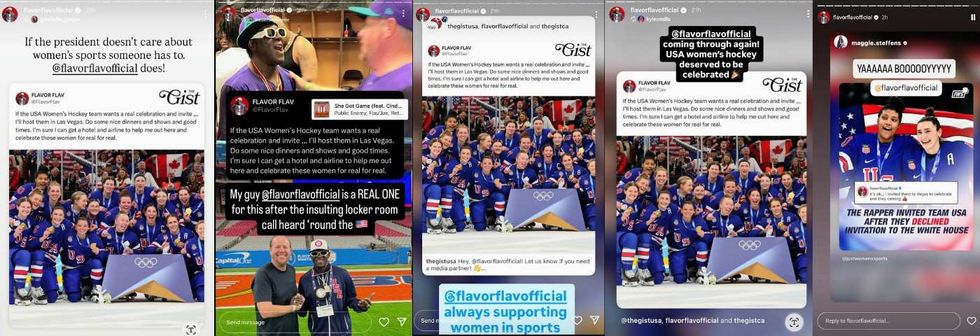 @flavorflavofficial/Instagram
@flavorflavofficial/Instagram @flavorflavofficial/Instagram
@flavorflavofficial/Instagram
